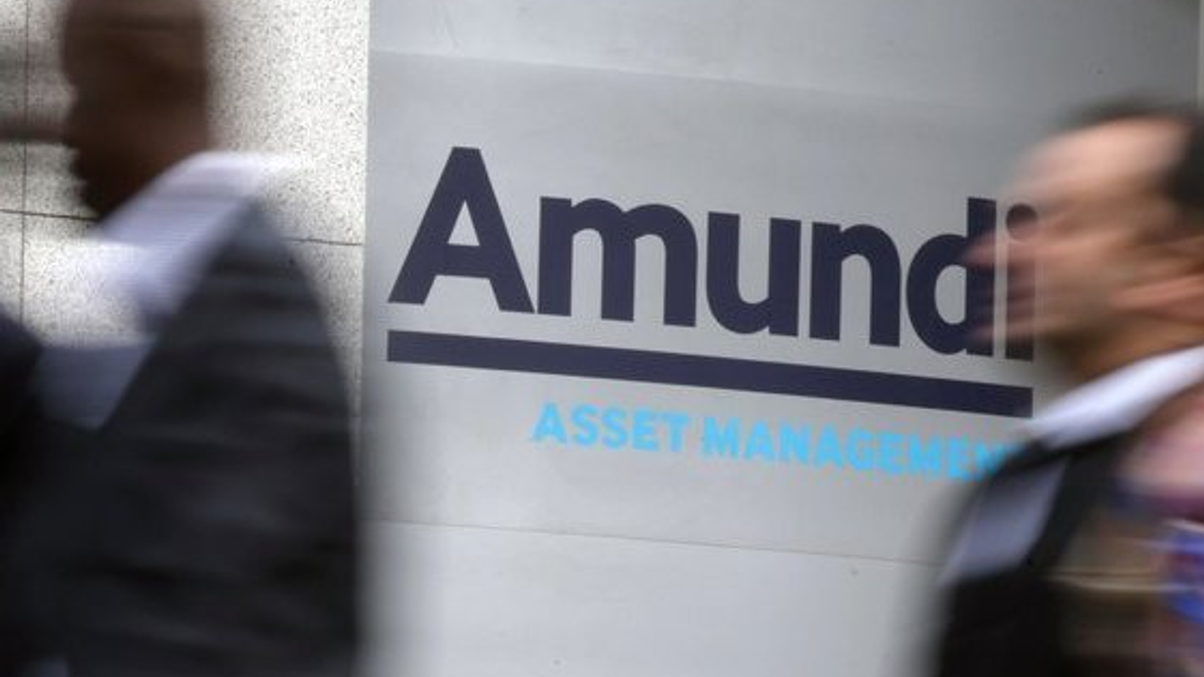Amundi cutting 70 in Asia, moving funds to London
The fund house is laying off most of its investment and operations staff in Hong Kong and Singapore in a post-merger restructuring, while keeping teams intact elsewhere in the region.

Amundi, Europe’s biggest fund house, is laying off the bulk of its investment and operations staff across Hong Kong and Singapore in a post-merger restructuring that will see some 70 individuals leave the Asian business, AsianInvestor can reveal.
Sign in to read on!
Registered users get 2 free articles in 30 days.
Subscribers have full unlimited access to AsianInvestor
Not signed up? New users get 2 free articles per month, plus a 7-day unlimited free trial.
¬ Haymarket Media Limited. All rights reserved.


